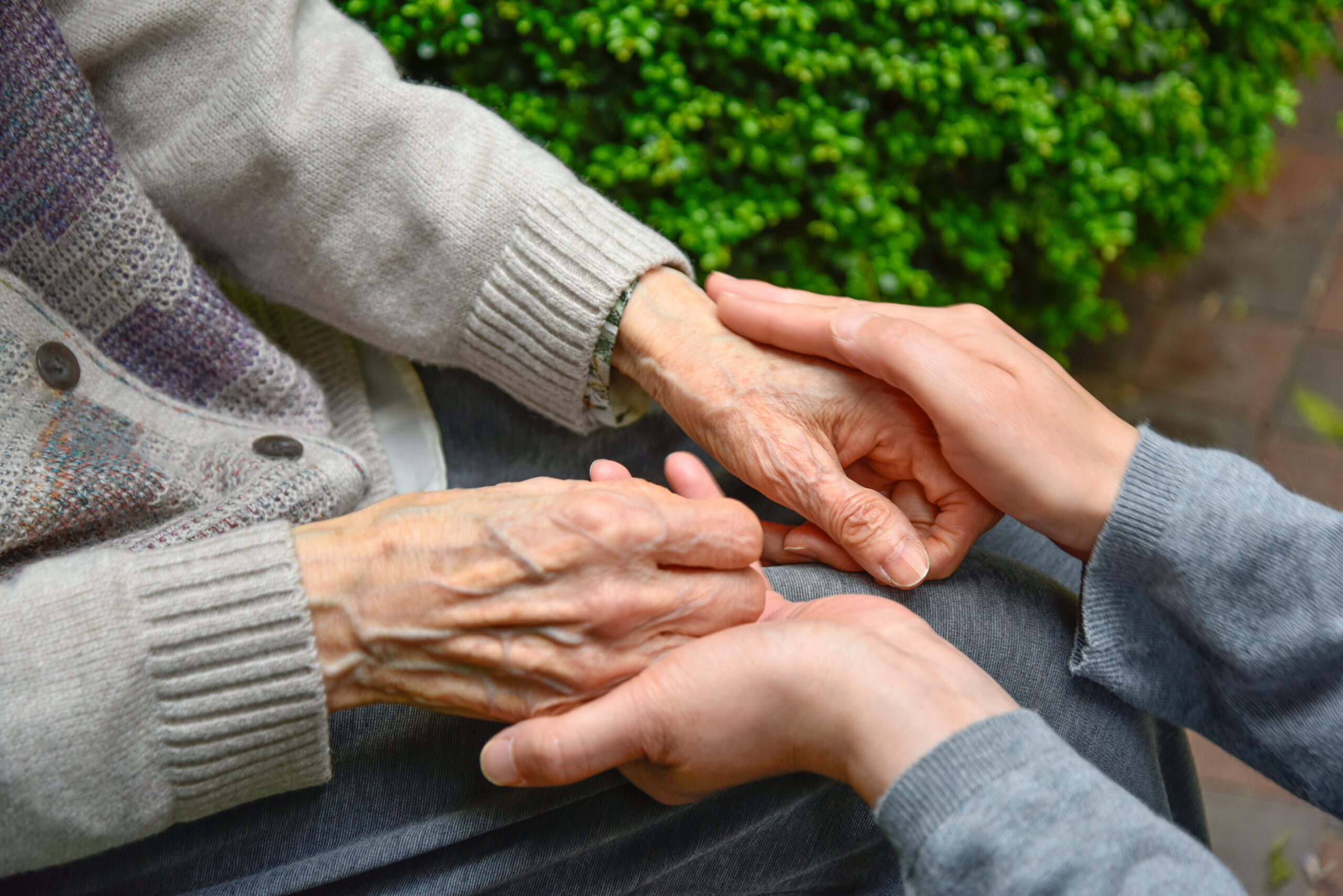Neurodegenerative Disorders
Dementias, motor neurone disease and spinocerebellar degenerations are progressive neurological conditions. With early, accurate diagnosis and coordinated care, symptoms can be managed and quality of life supported.

Dementias (Alzheimer’s, vascular, Lewy body, frontotemporal, prion)
What you may notice: forgetfulness, word-finding difficulty, losing track of tasks, personality or behaviour change, visual hallucinations, fluctuations in alertness, or problems with planning and judgement.
Assessment: detailed history (including a family member’s account), cognitive screening, neurological examination, blood tests to exclude reversible causes (thyroid, B12, infection), and brain imaging. In selected cases, advanced biomarkers (CSF or PET) are considered.
Management: individualised care plans combining education, risk-factor control (blood pressure, diabetes, sleep, hearing/vision), cognitive strategies, and medicines when appropriate. Safety, driving, work and future planning are discussed sensitively, with signposting to community support.

Motor Neurone Disease (ALS, PLS, PMA, bulbar-onset)
What you may notice: progressive limb weakness, muscle wasting, cramps, fasciculations (twitching), slurred or quiet speech, swallowing difficulties and breathlessness on exertion or at night.
Assessment: careful neurological examination; EMG and nerve conduction studies to confirm motor neuron involvement; targeted bloods and imaging to exclude mimics.
Management: evidence-based medication where suitable (e.g., riluzole), nutritional support (including PEG if needed), respiratory assessment with timely non-invasive ventilation, cough-assist devices, spasticity and saliva control, communication aids, and coordinated multidisciplinary care. Symptom relief, wellbeing and choice remain central throughout.
Spinocerebellar Degenerations (hereditary/sporadic ataxias)
What you may notice: unsteady gait, incoordination, slurred speech, hand clumsiness, eye movement abnormalities and fatigue.
Assessment: neurological examination, MRI brain, blood tests (including vitamin levels, autoimmune markers), and—in the right context—genetic testing with counselling.
Management: targeted physiotherapy and balance training, occupational and speech therapy, tailored mobility aids, management of associated symptoms (e.g., tremor, spasticity, visual/vestibular issues) and family support. Where a reversible or treatable cause is identified, this is addressed promptly.
How Dr Francesco Manfredonia can help
-
Accurate diagnosis: clear differentiation between dementia subtypes, MND and ataxias, with neurophysiology (EMG/NCS) and imaging where indicated.
-
Joined-up plans: practical strategies for day-to-day function, medication where appropriate, and timely referrals to speech, physiotherapy, respiratory and nutrition teams.
-
Continuity: regular review to adjust care as needs change, with written plans for patients, families and GPs.
Urgent advice: seek immediate medical help if there is sudden confusion, rapid worsening weakness with breathing/swallowing difficulty, severe new headache, or abrupt neurological change—these may indicate conditions needing emergency care.
FAQ
Is memory decline always dementia?
No. Stress, depression, poor sleep, hearing loss, thyroid or vitamin problems can mimic dementia. Assessment looks for reversible causes first.
What’s the difference between Alzheimer’s and Lewy body dementia?
Alzheimer’s typically presents with progressive memory and word-finding problems. Lewy body dementia often causes visual hallucinations, fluctuating alertness and Parkinson-like features earlier in the course.
How is MND diagnosed?
There’s no single blood test. Diagnosis relies on clinical examination supported by EMG to show characteristic motor neuron changes and by excluding look-alike conditions.
Can neurodegenerative diseases be cured?
Not currently, but many symptoms can be managed effectively. Early diagnosis enables timely therapy, rehabilitation and planning.
Should my family have genetic testing for ataxia or dementia?
Only when there’s a suggestive pattern. Testing is considered with genetic counselling to understand implications and options.
When should we think about driving, work and future planning?
These topics are introduced early and handled sensitively. Decisions are based on safety, function and current guidance; you’ll receive clear, written advice.
What helps day to day?
Regular exercise adapted to ability, good sleep, hearing and vision checks, structured routines, mobility and communication supports, and carer education all make a meaningful difference.
How often will I be reviewed?
Follow-up is tailored to your needs—more frequently during periods of change. You’ll have clear routes to contact the clinic between appointments.
BOOK YOUR CONSULTATION
Book a consultation with Dr Francesco Manfredonia (Dr FM) for clear diagnosis, compassionate care and a plan built around your life and goals.
